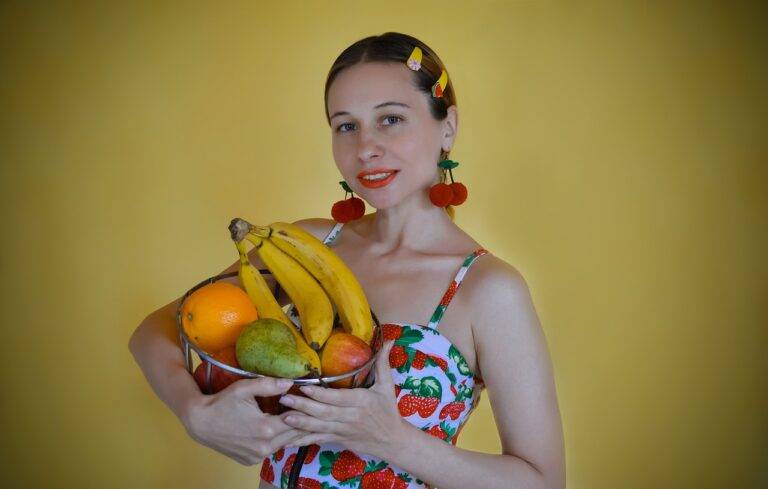Wine and Indigenous Wisdom: Honoring Ancestral Practices in Viticulture: Tigerexch, Golden77.com, Sky 99 exch
tigerexch, golden77.com, sky 99 exch: Wine has been an integral part of many indigenous cultures around the world for centuries. From the vineyards of Europe to the valleys of South America, wine has played a significant role in rituals, celebrations, and everyday life. However, as the wine industry has evolved and expanded, it’s essential to remember and honor the ancestral practices that have shaped viticulture for generations.
Respecting the land and the plants that grow on it is a core tenet of indigenous wisdom. Many traditional winemaking practices are deeply rooted in a profound respect for nature and a holistic approach to farming. Indigenous cultures often view the vineyard as a sacred space, where the vines are seen as living beings that must be nurtured and cared for in harmony with the natural world.
One example of this approach can be found in the biodynamic farming methods used by some winemakers. Biodynamics is a holistic, ecological, and ethical approach to farming that seeks to create a self-sustaining ecosystem. This method, based on the teachings of Rudolf Steiner, incorporates practices such as planting and harvesting according to the lunar calendar, using natural composts and fertilizers, and promoting biodiversity in the vineyard.
In addition to sustainable farming practices, many indigenous cultures have their unique winemaking techniques that have been passed down through generations. These methods often involve using natural yeasts, fermenting in clay vessels or amphorae, and aging wine in underground cellars. By honoring these ancestral practices, winemakers can create wines that are a true reflection of their terroir and cultural heritage.
It’s essential for consumers to support winemakers who prioritize sustainability and respect for indigenous wisdom. By choosing wines that are produced using organic, biodynamic, or sustainable practices, you can help preserve the land and support communities that have been cultivating grapes for generations.
When selecting a bottle of wine, take the time to learn about the winery’s farming practices and commitment to sustainability. Look for certifications such as organic, biodynamic, or fair trade, which indicate that the winery follows environmentally-friendly and ethical practices.
By embracing indigenous wisdom in viticulture, we can not only create exceptional wines but also honor the traditions and knowledge of those who have come before us. Let’s raise a glass to the ancestral practices that have shaped the world of wine and continue to inspire us today.
—
**FAQs**
**Q: Are wines produced using indigenous practices more expensive?**
A: Not necessarily. While some wines produced using traditional methods may come at a higher price point due to smaller production or higher labor costs, there are many affordable options available. Look for wineries that prioritize sustainability and ethical practices within your budget.
**Q: How can I learn more about indigenous winemaking practices?**
A: Consider visiting wineries that focus on traditional methods and sustainability. Many wineries offer tours and tastings where you can learn about their farming practices and winemaking techniques firsthand. You can also research online or attend events and workshops focused on indigenous wisdom in viticulture.
**Q: Is it important to support indigenous winemakers?**
A: Yes, supporting indigenous winemakers helps preserve cultural heritage, promote sustainability, and support communities that have been cultivating grapes for generations. By choosing wines produced by indigenous winemakers, you can help celebrate diversity and honor the traditions of these cultures.







